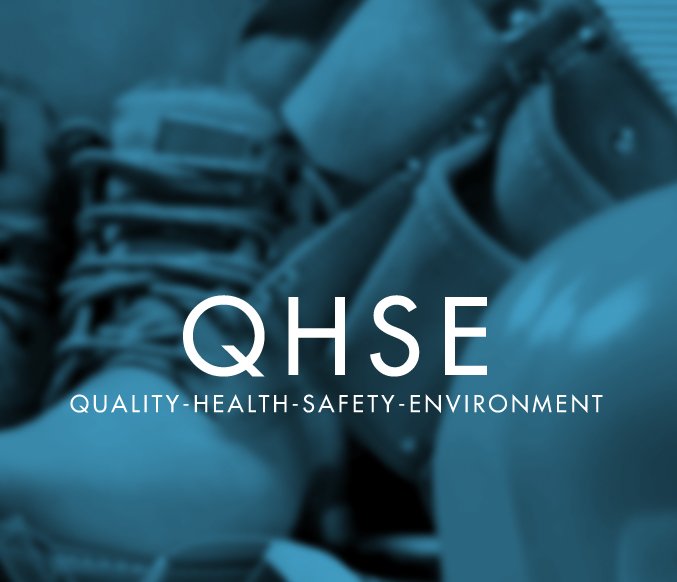Course Description, Aims and Objectives
The
Certificate in Health, Safety and Environmental Management in the petroleum
industry is targeted towards providing a broad understanding of environmental,
health and safety issues to personnel from all sectors of the oil and gas
industry; newcomers to the industry; and non-technical personnel from other
sectors with little or no knowledge of the Oil and Gas industry. This course
gives an introduction to the health, safety and environmental challenges
encountered in the oil and gas industry. It provides an insight into the main
drivers of the regulatory framework that govern compliance in this sector and
their importance in protecting people, assets and the environment. The program
emphasizes the application of environmental knowledge in the wider context of
sustainable development. The program has a standard modular structure and wide
variety of teaching and assessment procedures are used. Participants will study
the main environmental impacts of the oil and gas cycle, from exploration to
abandonment/decommissioning, and develop an appreciation of the key functions
of environmental management frameworks. Attention will also be paid to the
development and application of environmental and health management systems as
an integral part of the oil and gas business frameworks.
The
importance of the links between sustainable development and environmental
protection, and how these issues impact legislation for the oil and gas
industry in global, regional and national contexts will be considered.
Participants will then be introduced to health and safety in the oil industry,
controlling work place hazards, and the management of health and safety in the
petroleum industry.
Learning Outcomes
On completion of this program participants
will be able to:
- Outline
the main environmental impacts of the oil and gas cycle, from exploration
to abandonment/ decommissioning;
- Apply
the key functions of Environmental Impact Assessments for the protection
and monitoring of the human and physical environment;
- Outline
the different approaches to environmental regulation and regulatory
techniques used to secure compliance;
- Gain
a deeper understanding of the inter-relationships between the environment
and topics such as environmental law, business strategies, policy and
other areas;
- Outline
the importance of the links between sustainable development and
environmental protection, and how these issues impact legislation for the
oil and gas industry in global, regional, national and international
contexts;
- Outline
the range of approaches and instruments that governments can use to
regulate the pollution and environmental impacts associated with the oil
and gas industry;
- Outline
the role of the oil and gas industry in the broader context of climate
change and trans-boundary pollution, and evaluate alternatives to fossil
fuel for energy production such as renewables and nuclear power and;
- Develop
the vision to comprehend the inter-disciplinary nature of environmental
issues in the oil and gas industry.
Occupational Profile/Career Prospects
This
course is suitable for:
1.
Project managers;
2.
Risk Management officers
3.
Project supervisors
4.
Employee representatives
5.
Newly appointed health and safety advisers in oil and gas
companies
6.
Students seeking to jump start their careers in environmental
management, health and safety in the petroleum industry.
7.
Researchers
8.
Economists and analysts







